With hundreds of floors but no procedures and no appropriate penalties, it will never be possible to control dirty food from entering supermarkets.
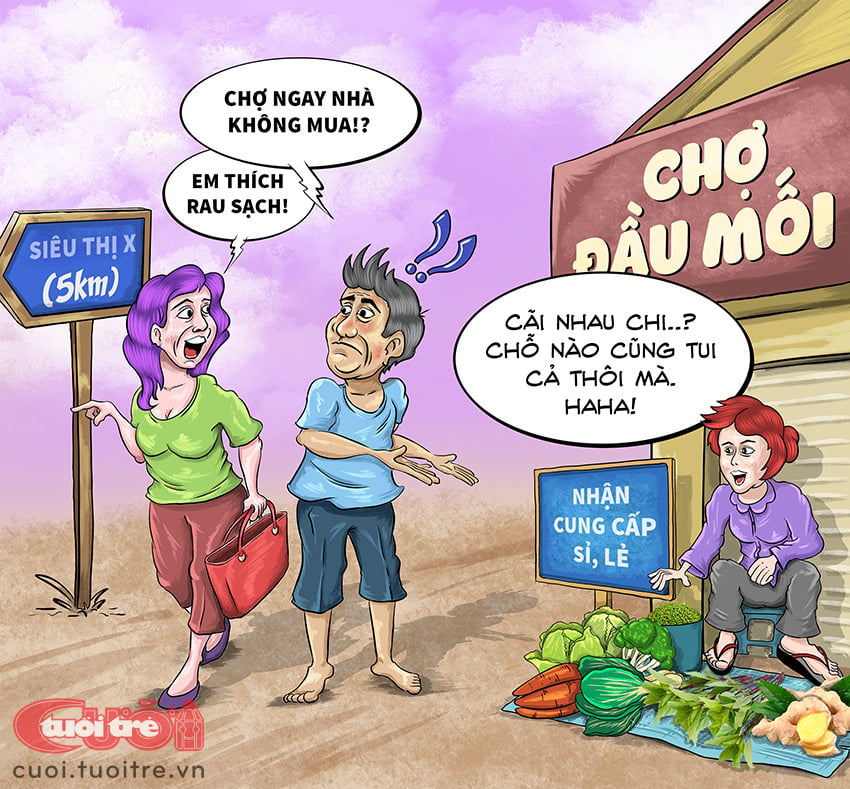
After the article "With many layers of inspection, why does dirty food still get into supermarkets?", many readers expressed concern and indignation.
"With hundreds of floors but no procedures and inappropriate penalties, food quality in supermarkets can never be controlled," a Da Nang reader lamented.
Reader Tran Quoc Tuan said: "I bought carrots at a supermarket, and they were still fresh after more than 6 months in the refrigerator. I sent a complaint to the supermarket and provided the bag of carrots still sealed by the supermarket when I bought them. The supermarket replied that the supplier had full food safety documents when importing the goods.
Meanwhile, the carrots I bought at the market and kept in the refrigerator for only a week became soft and spoiled.
Reader To Vu said that he has always had some trust in the suppliers of goods to supermarkets. However, after the incident of suspected chemical contamination at Bach Hoa Xanh, it seems that "clean vegetables" in supermarkets are not much different from those sold at flea markets.
A reader named Saigon Men said that if traders want their goods to enter supermarkets, they must first produce clean goods according to standards, then later produce fraudulent goods to increase profits. Or according to reader Le Quang Tuan, the management agency does inspect but not regularly.
Therefore, according to reader Bich, it is necessary to strictly control the import process of distribution facilities, in which sampling control is an important step.
Reader Lan Le added that checking goods at supermarkets is too easy with the following measures: Strictly and transparently punish supermarkets when discovering substandard goods, as applied in foreign countries.
100% sure there will be no problem of contaminated and substandard goods.
According to the account kh**@uel.edu.vn, if suppliers do not provide sufficient documents to prove that the products are clean and safe, supermarkets, restaurants, hotels, and kitchens will not import them. When checking any samples that violate the law, the origin must be traced back to the manufacturer.
Sellers want to do it quickly, with less cost, and make more profit. In the end, consumers have to suffer. "Now the only way is to go to the place of cultivation and production to monitor from the beginning of the product cycle until the product is on the shelves!" - reader Tuan added.
Assuming that every citizen needs to be a food safety inspector, according to reader Thanh, if people eat or buy food that they feel is toxic, they should warn other consumers to boycott it.
Only heavy fines like in the traffic sector or prosecutions might scare wrongdoers, but consumers don't look to their conscience very much.
Many readers also agree that there should be severe penalties and criminal prosecution for the production and distribution of dirty food because the consequences of dirty food are even greater than traffic accidents.
Source: https://tuoitre.vn/tram-tang-kiem-tra-thuc-pham-ban-van-lot-vao-sieu-thi-neu-20250106203957258.htm



![[Photo] Prime Minister Pham Minh Chinh receives Mr. Jefferey Perlman, CEO of Warburg Pincus Group (USA)](https://vstatic.vietnam.vn/vietnam/resource/IMAGE/2025/4/18/c37781eeb50342f09d8fe6841db2426c)




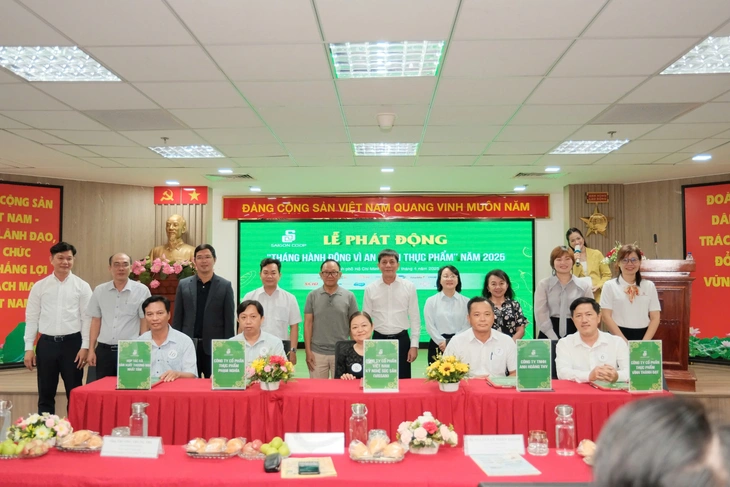

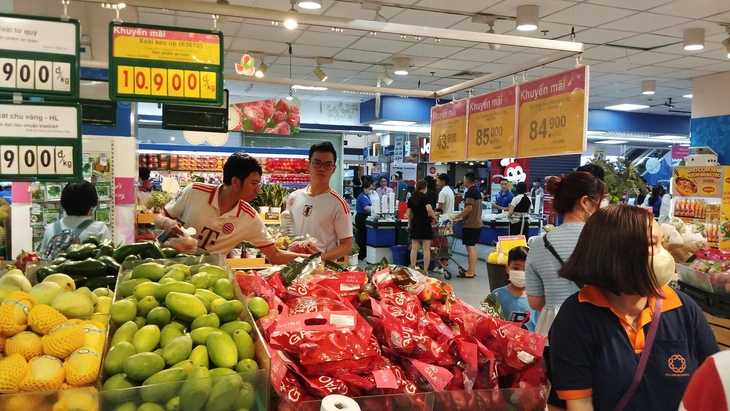



















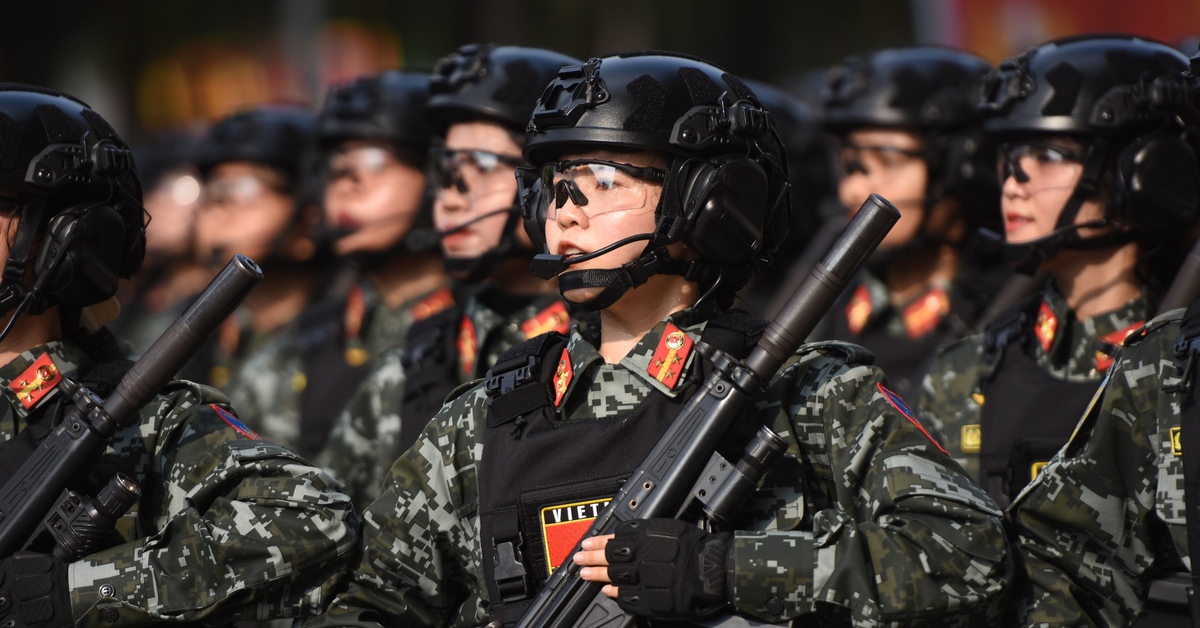
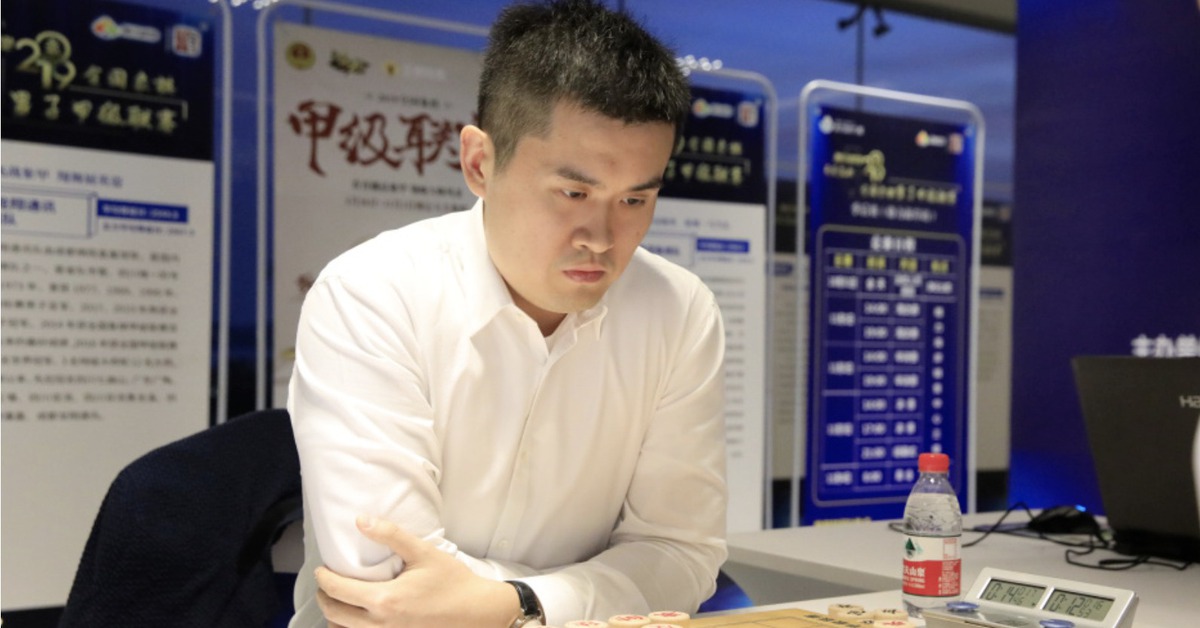










































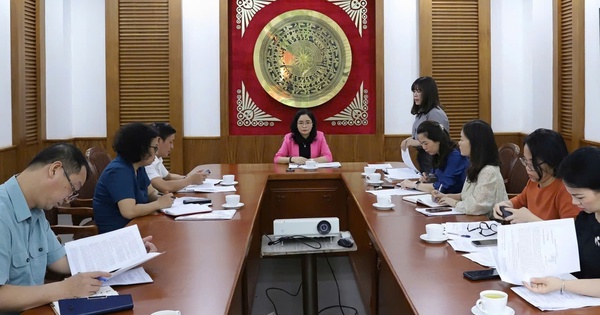



















Comment (0)